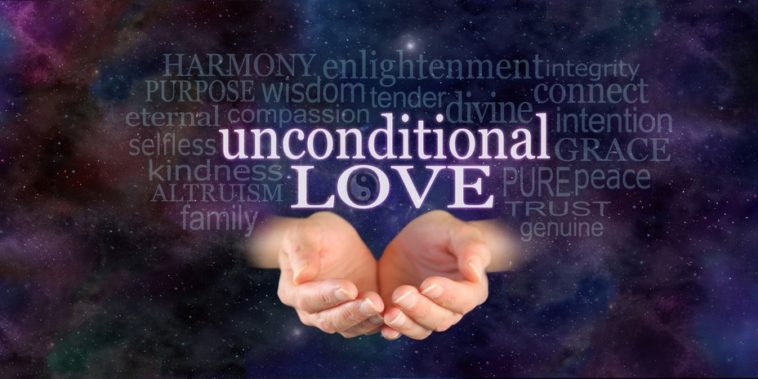h2>Dating : Unconditional Love? Sorry. There’s no Such Thing.
“The notion of unconditional love is a logically fallacious oxymoron. The condition my dear friends is that the object of your affection is of sufficient value.”
People only care about you if you are of value to them.
I wrote a post a few days ago about the difference between being held as affectively vs objectively valuable.
Ayn Rand talks about “.. Love, friendship, respect, admiration are the emotional response of one man to the virtues of another, the spiritual payment given in exchange for the personal, selfish pleasure which one man derives from the virtues of another man’s character….” although affective value can be a hormone and neurotransmitter drenched hallucination.
Utility value basically refers to whether the object of affection provides a tangible (objective) good or service.
Alex easy … it’s the difference between value (verb) vs value (noun). The former is subjective because you’re basically measuring an affective response within you. The latter (noun) can be objective especially if you are receiving material tangible benefit. If my Dad gave me an allowance of say $10,000 a month, it’s of objective utility value. Similarly if a nurse provides care services to me, the number of hours she spends doing so has an objective market value.
Are you familiar with equity theory? It’s the notion that relationships fall apart when there isn’t an equitable exchange of value. Consider the 5 Love Languages; with the exception of Gifts which belongs to the category of “goods,” every other item listed is an “act of service.”
The goods and services exchanged in a relationship have utility value and can be objectively measured. Similarly I can objectively tell you the value of the temperature is 70 degrees, while I subjectively value the experience as hot or cold.
All relationships are transactional, and the primary commodity is simply VALUE. The difference with friendship is that there are no mutual rights or obligations; friends give purely because they want to, and not out of a sense of duty. Consider equity theory, which clearly states that relationships suffer unless there’s an equitable exchange of value. The proposition holds true even for parent child hierarchies, because there’s still at the very least a unidirectional flow of value.
There’s no such thing as unconditional love; one is eligible to be cared for simply because they are of value.


